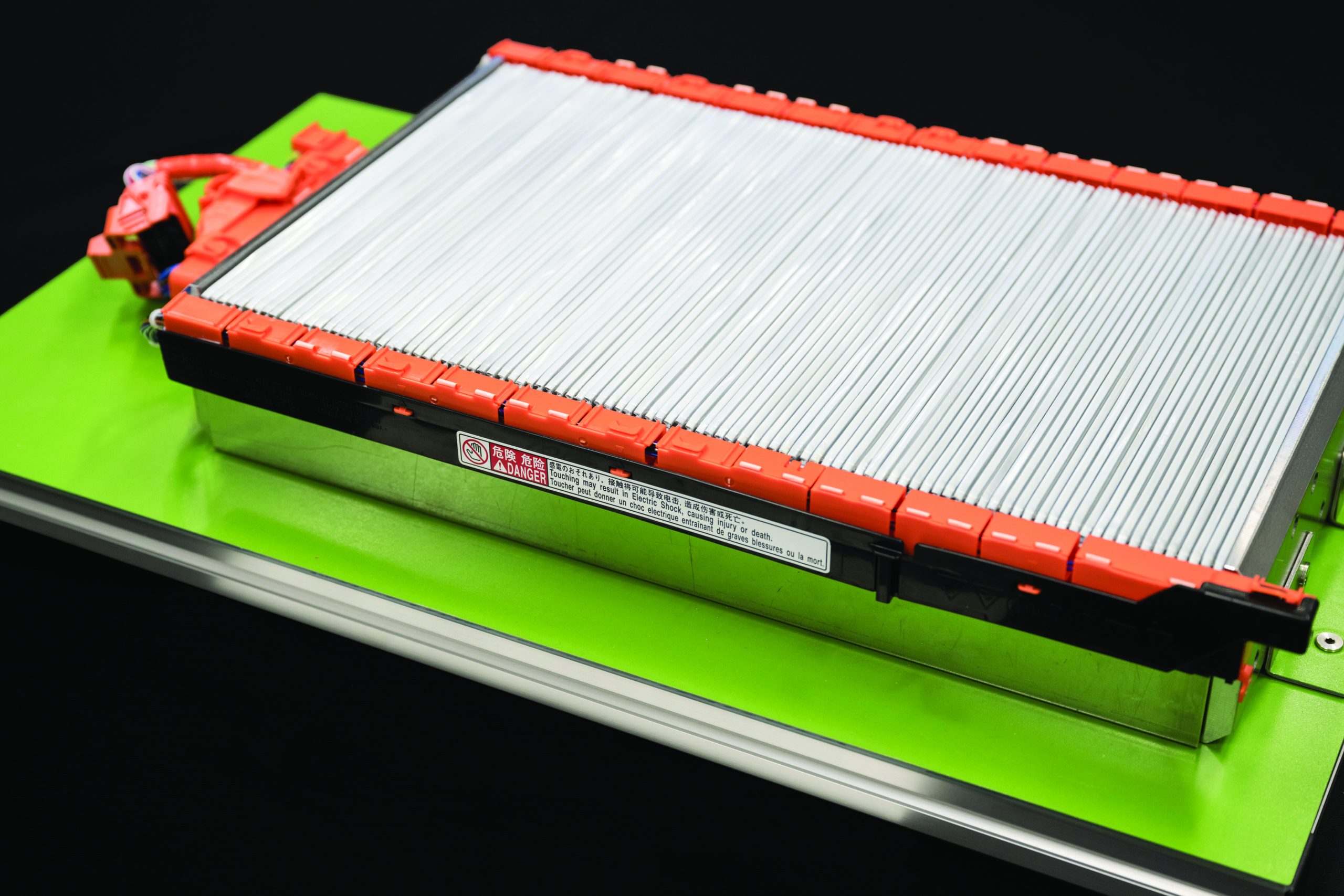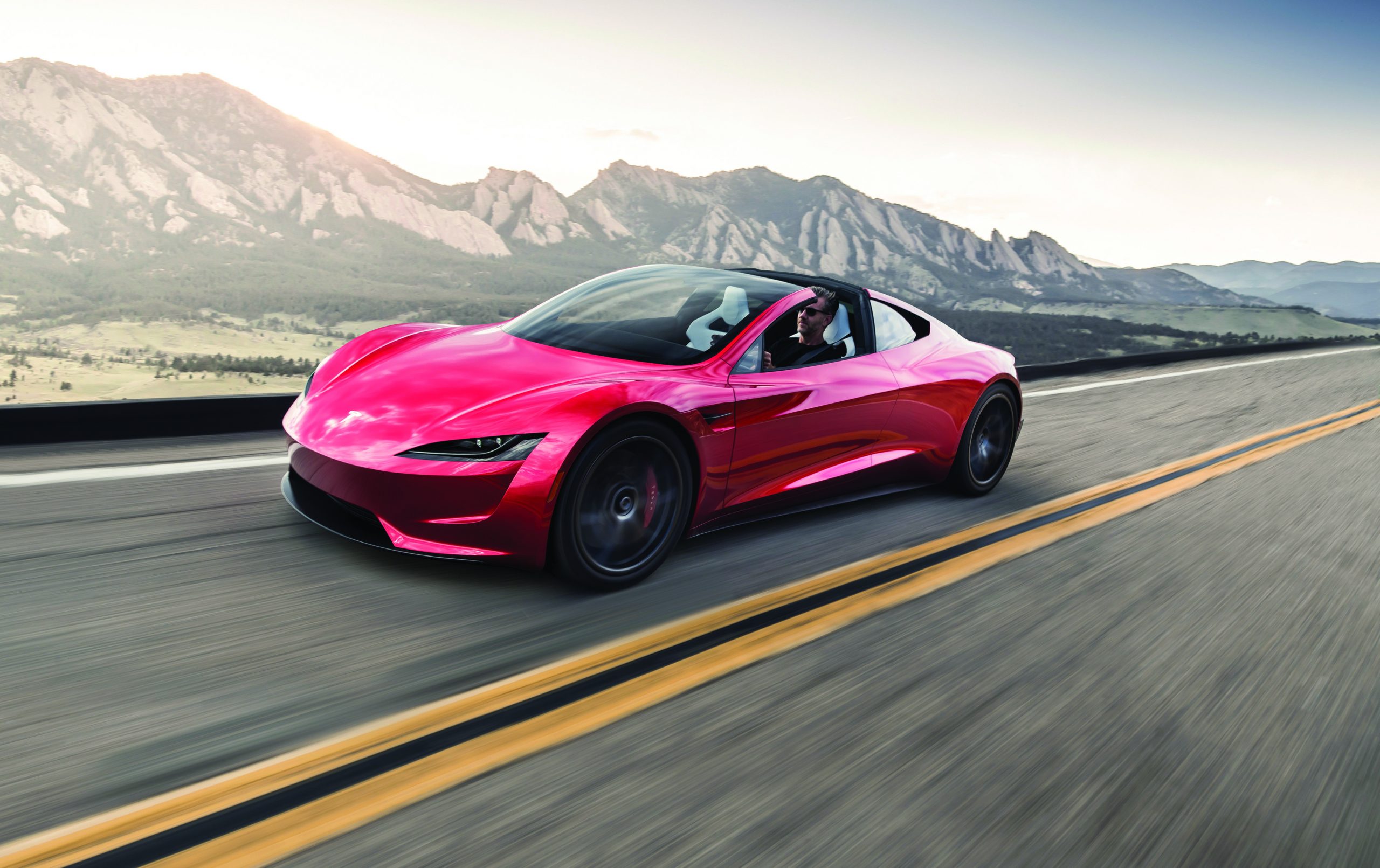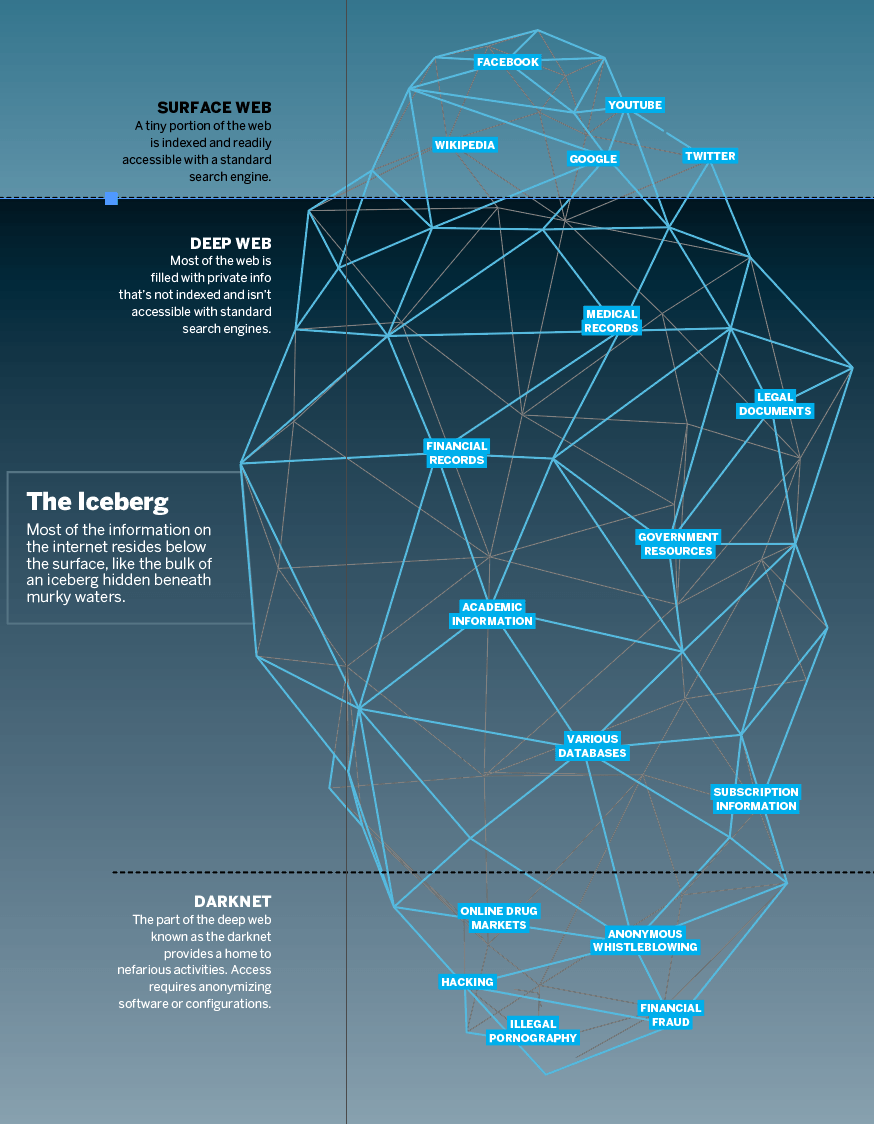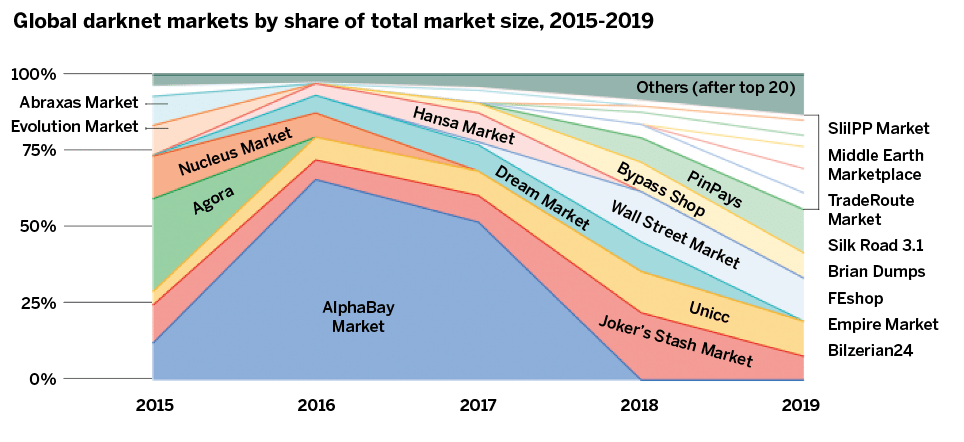Fast-Charging Toyota
The Japanese auto giant plans to jumpstart battery technology

In the world of electric vehicle power, experts often refer to solid-state batteries as a technical holy grail of the EV battery industry.
In a statement last June, Toyota (TM) made the bold claim that the new battery technology would “change the future of cars.”
By October 2023, the automaker announced an agreement with Japanese oil company Idemitsu Kosan to develop and make the solid-state batteries. They’ll have to work out issues, such as developing mass-production technology, improving productivity and establishing a supply chain.
A big deal
Such batteries could, in theory, eliminate the most anxiety-producing aspects of EV ownership by speeding up charging times to mere minutes and significantly improving range.
Toyota’s technology promises to fast-forward to a place where all-electric vehicles charge in 10 minutes and then go 750 miles—and eventually 930-plus miles—before needing to be plugged in again.
Toyota says it plans to launch battery vehicles using the new fast-charging, solid-state batteries by 2027 or 2028. Toyota will use solid-state batteries in hybrids even sooner, Gill Pratt, Toyota’s chief scientist told Autoline, an online news source, in January.
Major EV plans
Critics have accused Toyota of being too slow to embrace battery electric (BEV), because it has instead embraced hybrids (like its venerable Prius line) and plug-in hybrids. But the automaker says that’s about to change.
By 2025, Toyota says it plans to have an “electrified option”—BEV, hybrid or plug-in hybrid— available for every Toyota and Lexus model globally. Toyota hopes to sell 3.5 million BEVs annually by 2030. Of those 1.7 million will employ its new solid-state technology, according to company statements. That would account for about one in every three vehicles sold.
By 2035, Toyota plans to convert its Lexus luxury-car division into an all-electric brand. In October, Lexus unveiled an all-electric concept car called the LF-ZC.
Toyota announced in February that it plans a $1.3 billion investment at its Kentucky factory to make future electric vehicles, including assembly of an all-new three-row battery electric SUV for the U.S. market.

















